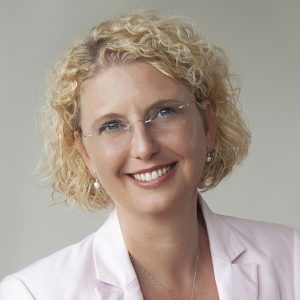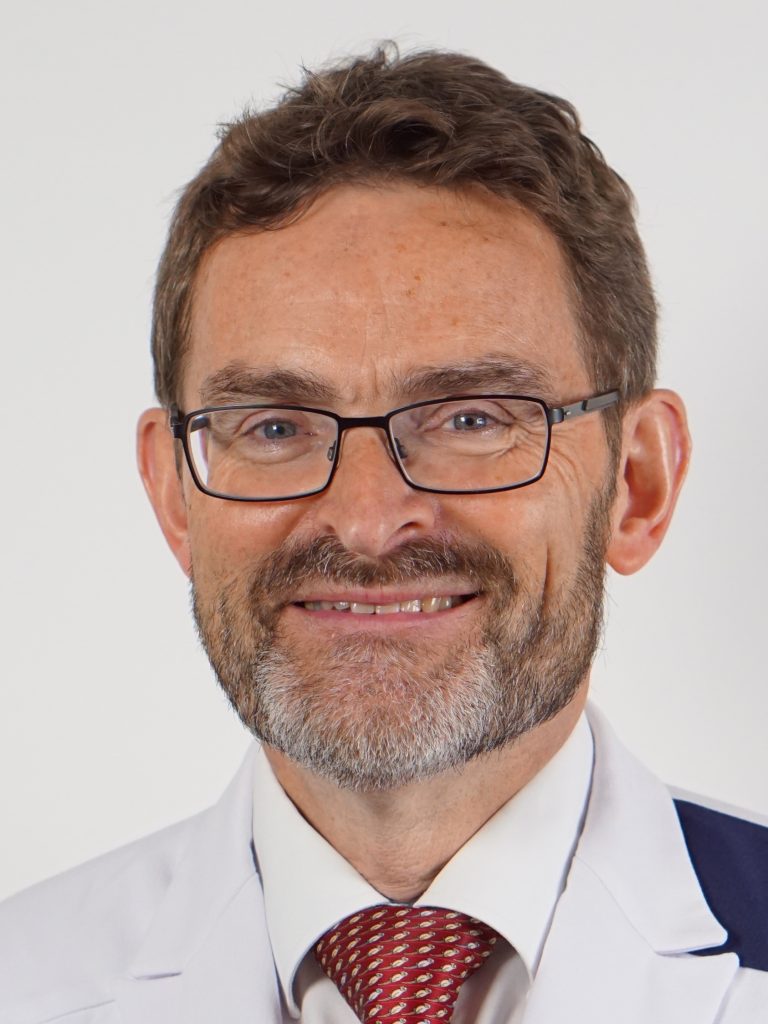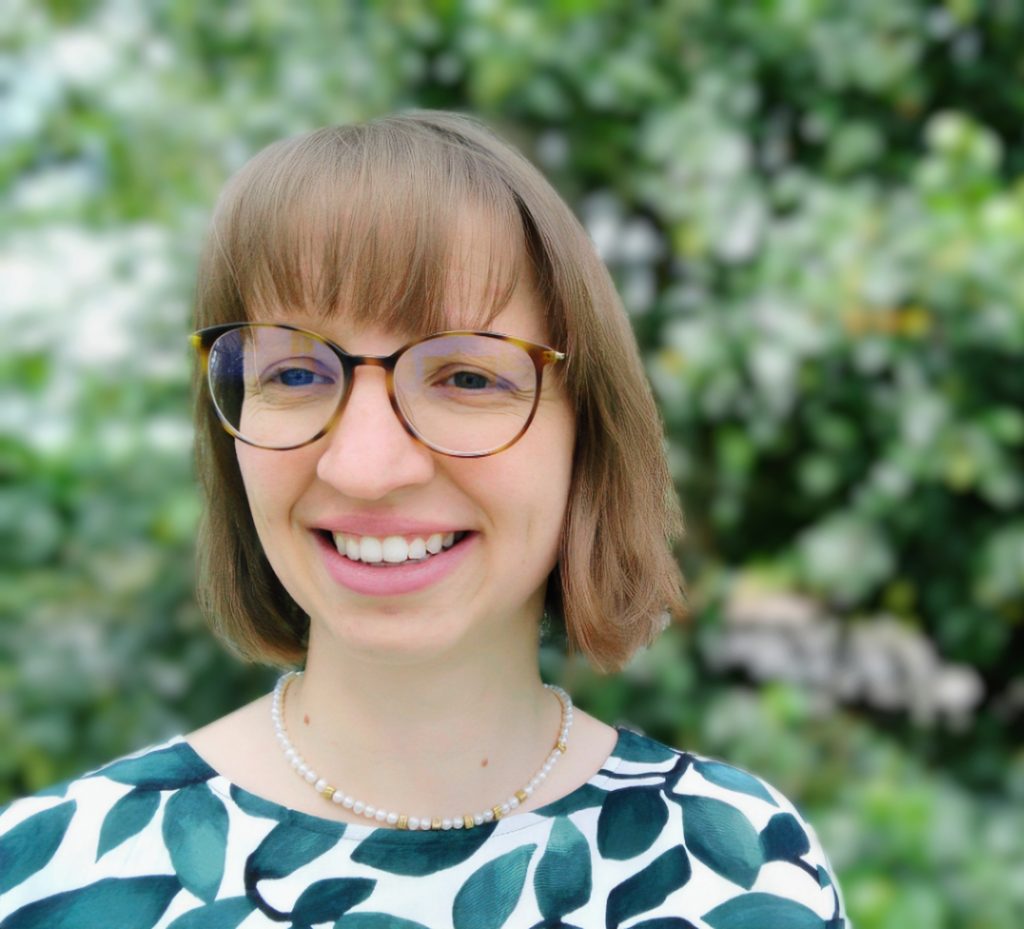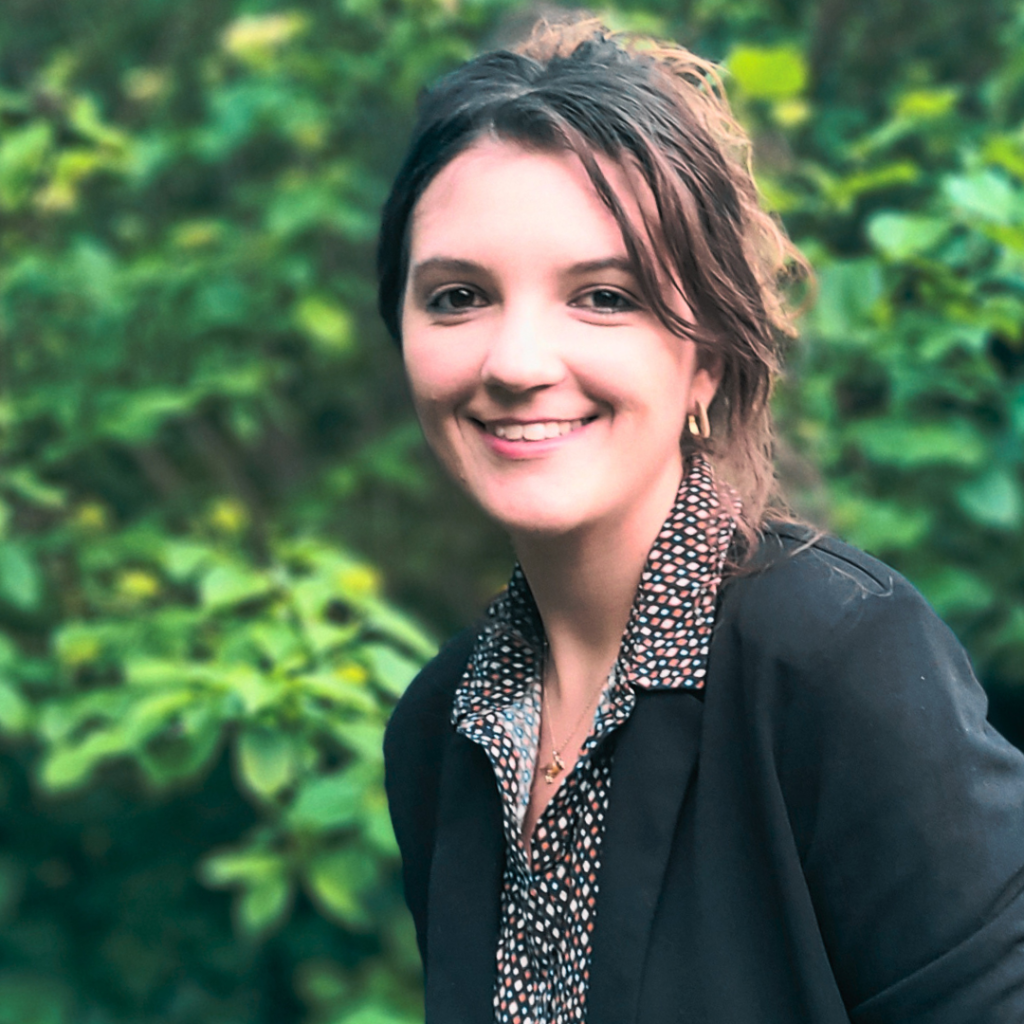
Meet the team behind the European Standards of Care for Newborn Health (ESCNH).

Silke Mader is the Chairwoman of the Executive Board and co-founder of EFCNI. In 1997, her twins were born in the 25th week of pregnancy, and were not given the appropriate care. Unfortunately, one of them died a few days after birth. During her time in hospital and afterwards, Silke Mader was faced with the non-existence of support of any kind, the absence of public awareness and the lack of information and education for parents during pregnancy. Her motivation is to prevent parents from making similar experiences in such painful situations. As the conditions throughout Europe are distressingly similar and preterm children urgently need a voice within Europe and worldwide, she decided to take on the role of Chair on the Executive Board of EFCNI. Silke Mader is co-editor of the EFCNI Benchmarking Report “Too little, Too Late? Why Europe Should Do More for Preterm Infants”, “Caring for Tomorrow” – the EFCNI White Paper on Maternal and Newborn Health and Aftercare Services – and technical editor of the “Born too Soon” Global Action Report on Preterm Birth. Besides this, Silke Mader is author and editor of many other publications on topics related to maternal and newborn health. In 2012, Silke Mader was awarded the “Prix Courage” by ZDF television programme “ML mona lisa” in cooperation with the cosmetics company Clarins. In 2013, she received the Medal for Particular Services to Bavaria in a United Europe. Since 2014, she has been Honorary Lecturer at the School of Nursing and Midwifery, Queen’s University Belfast, Northern Ireland. In 2015, Silke Mader was awarded as social entrepreneur and Ashoka Fellow and, in 2016, she received the Bavarian State Medal for Services Concerning Health and Long-term Care.

Senior Medical Director
Professor Helmut D. Hummler, MD, MBA, joined EFCNI on 1 September 2024.
He graduated in 1986 from the medical school of the University of Tübingen, Germany. After his residency in Pediatrics in Germany he received his training in Neonatology from 1992 to 1995 by Eduardo Bancalari, M.D. at the Division of Neonatology, Department of Pediatrics, Jackson Memorial Medical Center, University of Miami, Florida, U.S.A.
After returning to Germany, he joined the staff of the Division of Neonatology und Pediatric Critical Care, Children’s Hospital, University of Ulm, Germany in 1996, where he became Division Chief in 2005. He received his M.B.A. and became Professor of Pediatrics in 2006 and Vice-Chairman of the Dept. of Pediatrics in 2008.
He joined the faculty at Sidra Medicine, Doha, Qatar to help to establish a brand-new Mother and Child Care Center and to become Chief of the Division of Neonatology in 2017. He was appointed as Professor of Pediatrics at Weill Cornell Medicine – Qatar in 2018. He introduced family-centered care as a new standard in Qatar.
Because of the Covid-19 pandemic, he returned to Germany and joined the Dept. of Neonatology, Tübingen University, Germany in 2021, and became Chief of the Division of Neonatology and Pediatric Critical Care, Marburg, Germany in 2023.
His research interests are related to neonatal lung injury, mechanical ventilation, neonatal resuscitation, and to the effects of hypoxemic episodes in VLBWI. In recent years, his activities were focused on research activities related to quality of care as well. He led a multidisciplinary team to reduce the local rate of IVH and to improve neurodevelopmental outcome substantially.
He has been/is a member of many national and international scientific committees and a frequent peer reviewer for many scientific journals. He is a fellow of the American Academy of Pediatrics and a member of the European Society of Pediatric Research.
He is a strong advocate of family-centred care, based on “core principles such as dignity and respect for parents/families, information exchange, family participation in care, and cooperation on all levels needed”. He is very pleased to support EFCNI projects, especially related to improvements in quality of care with the ultimate goal to provide uniform standards and the best care possible for sick neonatal infants wherever they are born.

Senior Communications Manager
Annika Brunck joined EFCNI in November 2020.
Annika Brunck holds a PhD in American Studies and a Master’s degree in British and North American Cultural Studies. She taught at university for several years and was the project manager for an international and interdisciplinary research network. She speaks German, English, Spanish, and some French, and has lived abroad.
As part of the corporate communications team, she supports the foundation in its goals of international networking and outreach, and wants to facilitate meaningful communication between the foundation, its partners and stakeholders as well as the broader general public.

Ramona Rangott joined the European Foundation for the Care of Newborn Infants (EFCNI) in November 2024. She holds a bachelor’s degree in German Literature and Language, History, and Fine Arts & Education from the University of Regensburg. After completing a subsequent journalism traineeship at one of the leading media groups in southeast Bavaria, she accumulated six years of expertise in political communication, public relations, and public affairs while working in various government agencies.
To further enhance her interdisciplinary competencies and broaden her skill set, she is currently pursuing studies in Psychological Sciences in Regensburg.
With a longstanding interest in health policy issues, she is proud to be part of EFCNI’s mission to improve the conditions for preterm-born infants and their families worldwide.
You are currently viewing a placeholder content from Facebook. To access the actual content, click the button below. Please note that doing so will share data with third-party providers.
More InformationYou are currently viewing a placeholder content from Instagram. To access the actual content, click the button below. Please note that doing so will share data with third-party providers.
More InformationYou are currently viewing a placeholder content from X. To access the actual content, click the button below. Please note that doing so will share data with third-party providers.
More Information